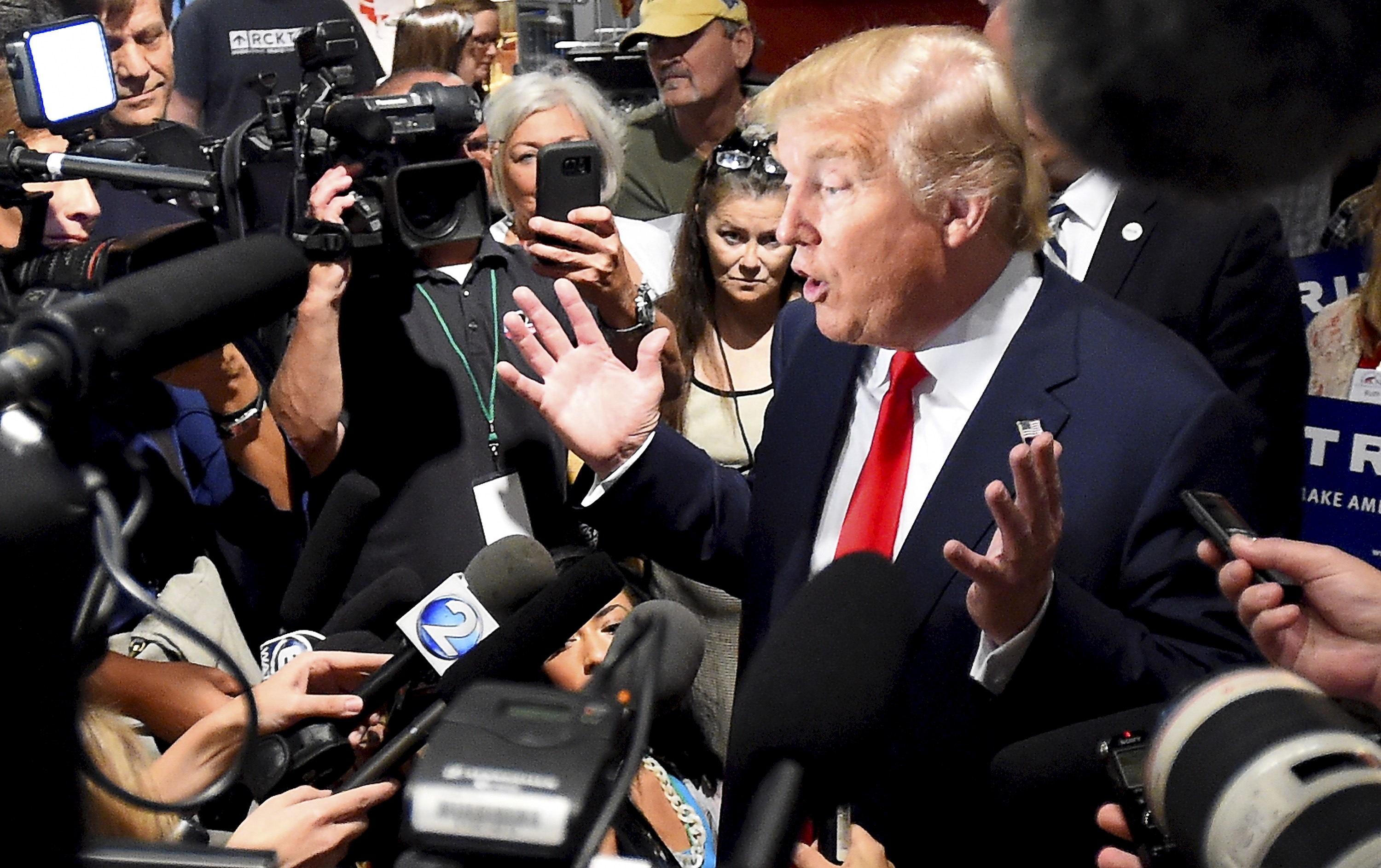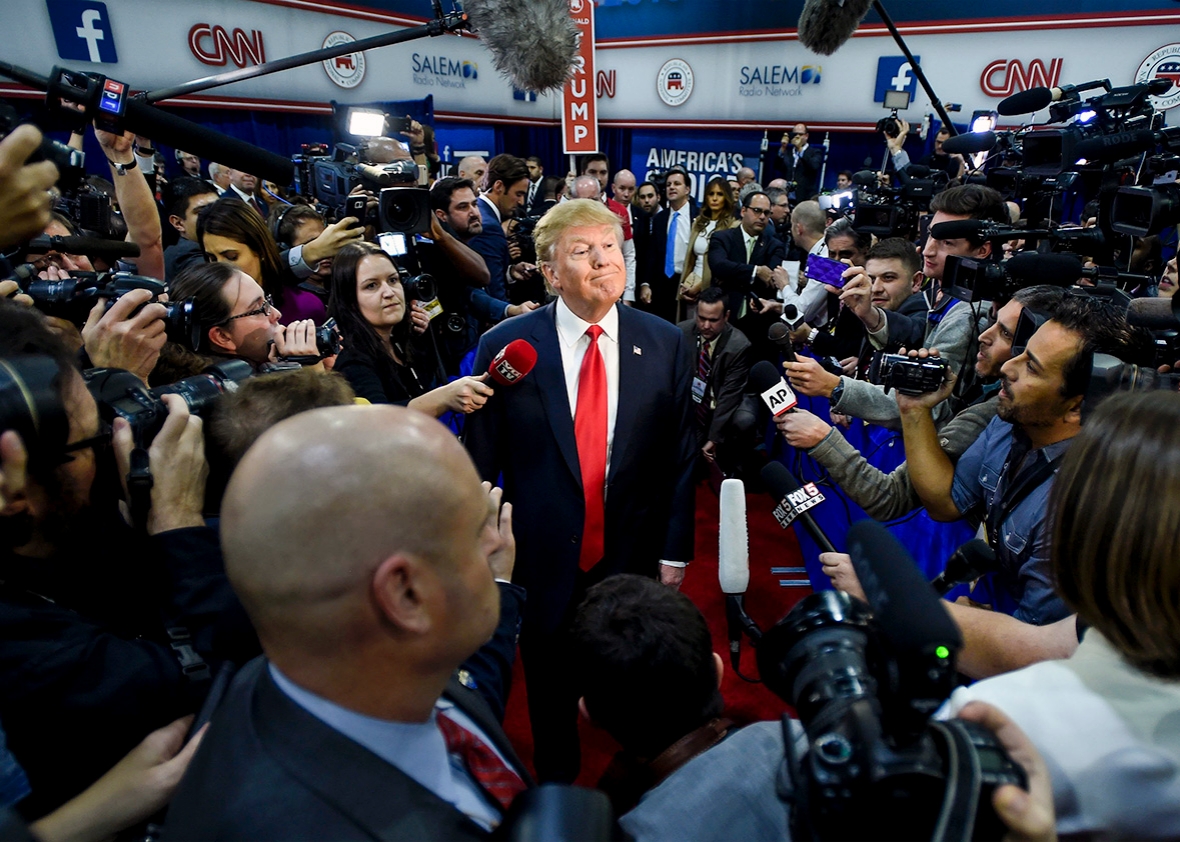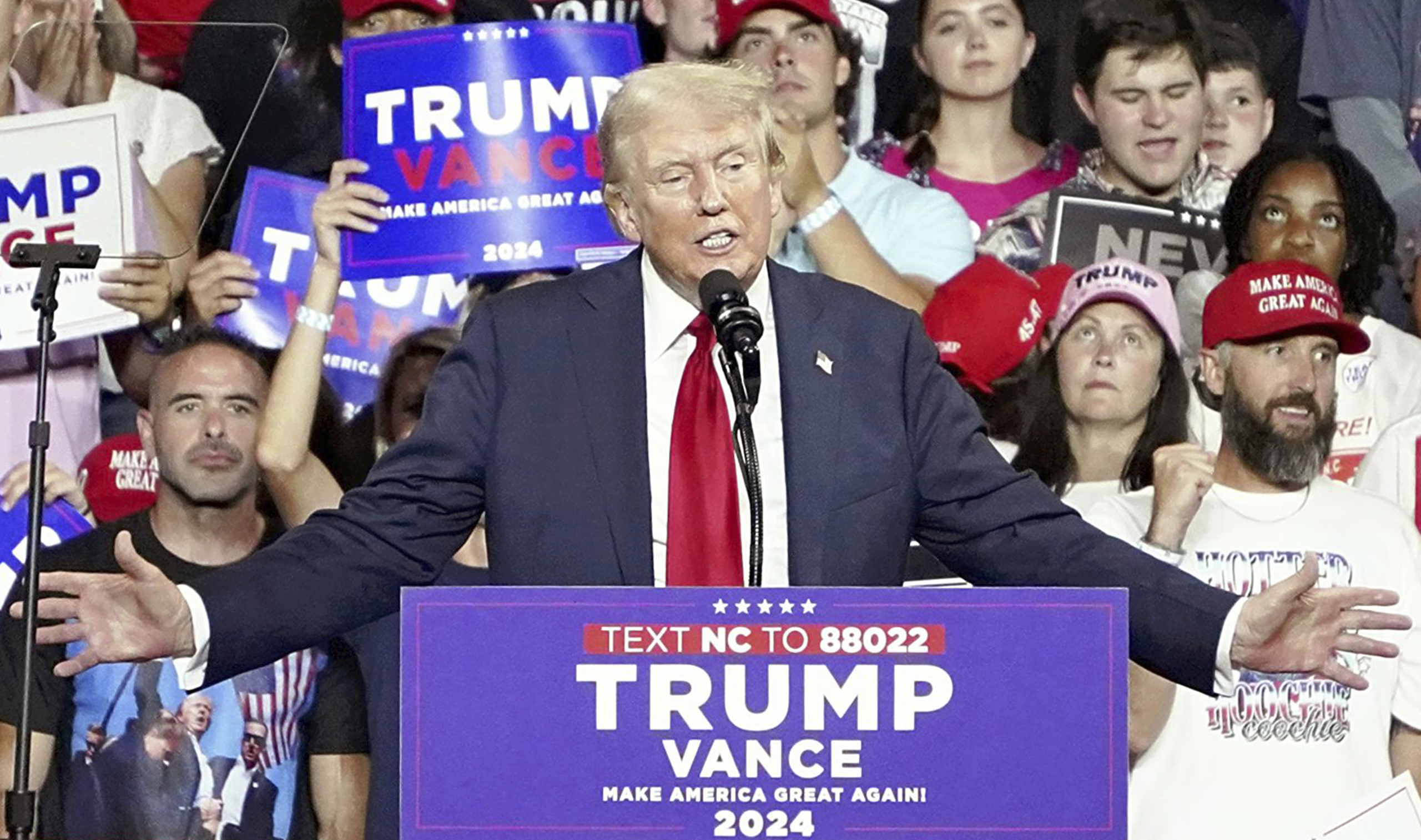
For the first time in 140 years, journalists at the annual Gridiron Club dinner chose not to raise a toast in honor of the President of the United States. Instead, they lifted their glasses in support of press freedom, marking a historic departure from the long-standing tradition and signaling their dissatisfaction with the Trump administration.
The Gridiron Club dinner, held annually on March 16, brings together prominent reporters from major U.S. newspapers, news agencies, magazines, and broadcasting networks. Typically, the evening serves as an opportunity for the press and government officials to interact in a lighthearted atmosphere filled with humor and satire.
Historically, journalists attending the event have honored the sitting president with a toast before the leader of the country or their representative delivers a speech to close the gathering.
However, this year, President Donald Trump and Vice President J.D. Vance both declined to attend the prestigious event. Additionally, key White House figures, including Chief of Staff Susie Wiles, Press Secretary Karoline Leavitt, Communications Director Steven Cheung, and National Security Advisor Mike Waltz, were also absent.

The notable lack of representation from the administration underscored the growing estrangement between the White House and the press.
Without any senior officials present, the event took on an unusual and unprecedented tone. Instead of following tradition, journalists chose to make a statement by toasting press freedom rather than the presidency.
This move was widely interpreted as a direct response to the Trump administration’s strained relationship with the media.
The Gridiron Dinner has long been known for its mix of satire and diplomacy, providing a platform where journalists and political figures engage in a night of comedic performances and light-hearted jabs. Yet, the absence of government officials this year signaled a shift in the usual dynamic. The event proceeded with speeches, performances, and pointed jokes—some of which highlighted tensions between the press and the administration.

Judy Woodruff, a veteran journalist and former host of PBS NewsHour, presided over the event as the Gridiron Club’s president. In her remarks, she emphasized the critical role of a free press in preserving American democracy. Woodruff’s words resonated with many in attendance, reinforcing the sentiment that journalism remains a cornerstone of the nation’s political landscape, even in the face of challenges.
Adding to the evening’s charged atmosphere, Maryland’s Democratic Governor, Wes Moore, made a sharp joke referencing alleged ties between the Trump administration and Russia. His comment prompted an immediate reaction from Army Secretary Daniel Driscoll, who abruptly left the event in protest, further reflecting the deep political divisions present in the room.
Instead of the traditional closing remarks from the president or vice president, the evening concluded with a retrospective tribute. Organizers played video and audio excerpts from past Republican presidents, dating back to 2018, showcasing moments of humor and camaraderie that once defined the Gridiron Club’s gatherings.

The decision to end the night in this manner highlighted the stark contrast between previous years and the current political climate.
This symbolic break from tradition underscored the growing chasm between the White House and the press. Six years ago, during his first term, President Trump attended the Gridiron Dinner, where he struck an unusually conciliatory tone. At that time, he even went so far as to praise the journalists present, calling them “incredible, brilliant, powerful, intelligent, and fair.”
He acknowledged their role in upholding democracy, a rare moment of recognition from a president known for his combative stance toward the media.
This year’s event, however, painted a different picture. The decision to forgo the presidential toast sent a clear message: the relationship between the Trump administration and the press has reached a new low.
While the Gridiron Dinner has historically served as a bridge between the government and the media, this year’s gathering highlighted the increasing polarization in American politics.
As the evening ended, attendees reflected on the implications of their unprecedented choice. By toasting press freedom rather than the presidency, they reaffirmed their commitment to independent journalism, even as they navigated an era of mounting tensions with the nation’s leadership.
Whether this break from tradition signals a permanent shift or a one-time protest remains to be seen, but one thing is certain—this year’s Gridiron Club dinner will be remembered as a defining moment in the ongoing battle between the press and the Trump administration.
-1743409153-q80.webp)
-1743742544-q80.webp)
-1745481254-q80.webp)
-1746086342-q80.webp)